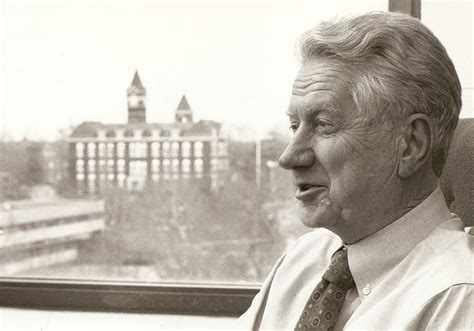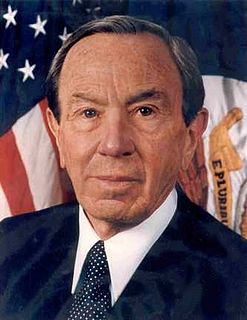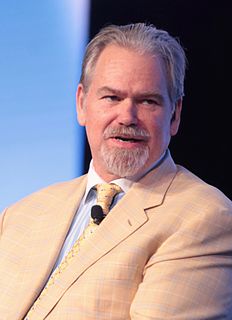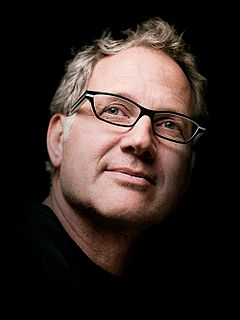A Quote by Lucien Febvre
If History teaches any lesson at all, it is that there are no historical lessons.
Related Quotes
There's a lot we should be able to learn from history. And yet history proves that we never do. In fact, the main lesson of history is that we never learn the lessons of history. This makes us look so stupid that few people care to read it. They'd rather not be reminded. Any good history book is mainly just a long list of mistakes, complete with names and dates. It's very embarrassing.
I feel history is more of a story than a lesson. I know this idea of presentism: this idea of constantly evoking the past to justify the present moment. A lot of people will tell you, "history is how we got here." And learning from the lessons of history. But that's imperfect. If you learn from history you can do things for all the wrong reasons.
Whether I like it or not, most of my images of what various historical periods feel, smell, or sound like were acquired well before I set foot in any history class. They came from Margaret Mitchell, from Anya Seton, from M.M. Kaye, and a host of other authors, in their crackly plastic library bindings. Whether historians acknowledge it or not, scholarly history’s illegitimate cousin, the historical novel, plays a profound role in shaping widely held conceptions of historical realities.
Children should have the joy of living in far lands, in other persons, in other times - a delightful double existence; and this joy they will find, for the most part, in their story books. Their lessons, too, history and geography, should cultivate their conceptive powers. If the children do not live in the times of his history lesson, be not at home in the climate his geography book describes, why, these lessons will fail of their purpose.
TV, and the culture it anchors, masks and drowns out the subtle and vital information contact with the real world once provided. There are lessons, enormous lessons, lessons that may be crucial to the planet's persistence as a green and diverse place and also to the happiness of it's inhabitants-that nature teaches and TV can't.








































